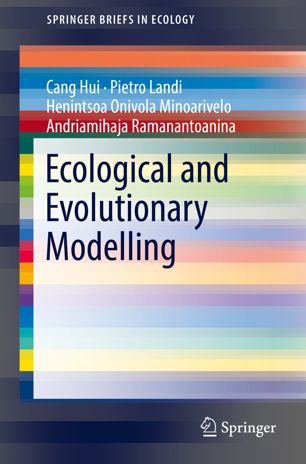

Most ebook files are in PDF format, so you can easily read them using various software such as Foxit Reader or directly on the Google Chrome browser.
Some ebook files are released by publishers in other formats such as .awz, .mobi, .epub, .fb2, etc. You may need to install specific software to read these formats on mobile/PC, such as Calibre.
Please read the tutorial at this link: https://ebookbell.com/faq
We offer FREE conversion to the popular formats you request; however, this may take some time. Therefore, right after payment, please email us, and we will try to provide the service as quickly as possible.
For some exceptional file formats or broken links (if any), please refrain from opening any disputes. Instead, email us first, and we will try to assist within a maximum of 6 hours.
EbookBell Team

4.4
92 reviewsEcology studies biodiversity in its variety and complexity. It describes how species distribute and perform in response to environmental changes. Ecological processes and structures are highly complex and adaptive. In order to quantify emerging ecological patterns and investigate their hidden mechanisms, we need to rely on the simplicity of mathematical language. Ecological patterns are emerging structures observed in populations, communities and ecosystems. Elucidating drivers behind ecological patterns can greatly improve our knowledge of how ecosystems assemble, function and respond to change and perturbation. Mathematical ecology has, thus, become an important interdisciplinary research field that can provide answers to complex global issues, such as climate change and biological invasions.
The aim of this book is to (i) introduce key concepts in ecology and evolution, (ii) explain classic and recent important mathematical models for investigating ecological and evolutionary dynamics, and (iii) provide real examples in ecology/biology/environmental sciences that have used these models to address relevant issues. Readers are exposed to the key concepts, frameworks, and terminology in the studies of ecology and evolution, which will enable them to ask the correct and relevant research questions, and frame the questions using appropriate mathematical models.